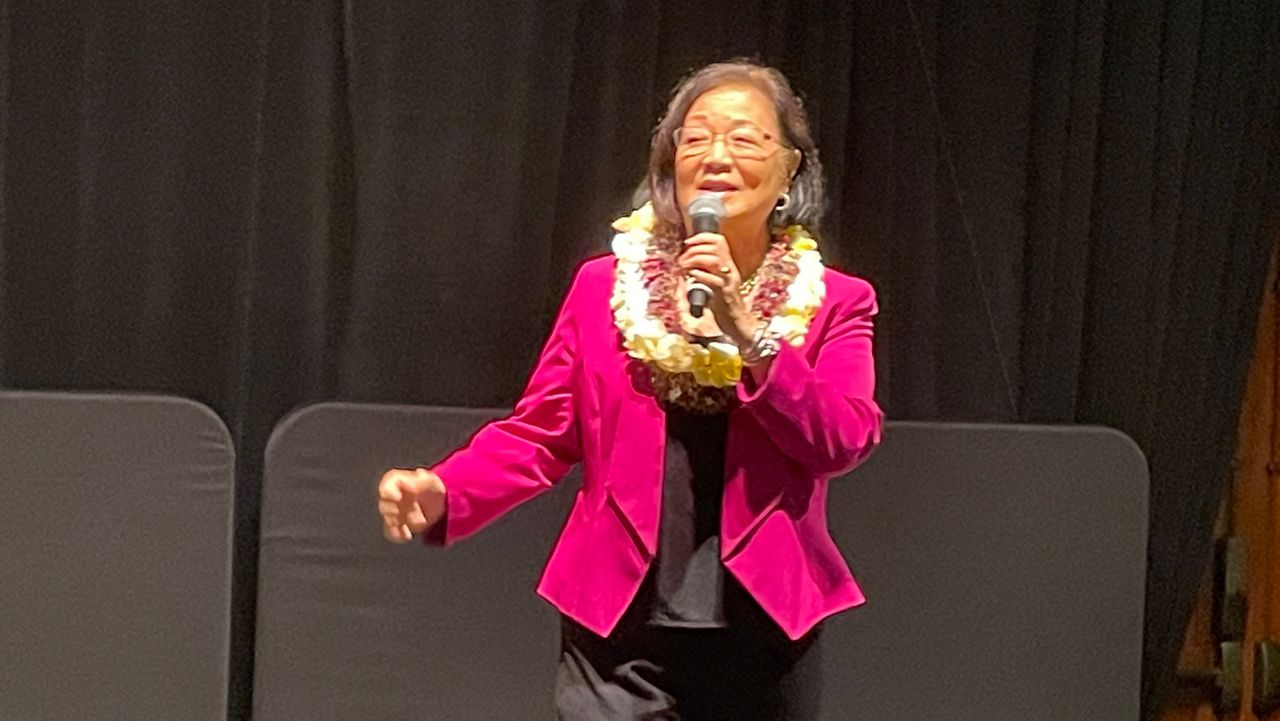WASHINGTON — In response to the Supreme Court’s decision in Dobbs v. Jackson Women’s Health Organization, which has led to the collection and selling of location data that could be used to identify women seeking abortions, U.S. Sen Mazie Hirono, D-Hawaii, has introduced new legislation that would prevent companies from profiting from the sale of personally identifiable health data for advertising purposes.
The Upholding Protections for Health and Online Location Data Privacy Act would also provide consumers greater access to and ownership over their personal health information, restrict companies from collecting or using such information without consent and ban data brokers from selling location data.
The bill was co-introduced by Sens. Amy Klobuchar, D-Minn., and Elizabeth Warren, D-Mass.
“With Republicans working to ban and criminalize reproductive health care nationwide, it’s critical we safeguard the reproductive data privacy of everyone in our country,” said Hirono said. “Everyone should be able to trust that personal data about their bodies and their health care will be protected. By restricting the sale and use of personally identifiable health data, this bill will give patients and providers the peace of mind that their private information is secure.”
Last year, the Center for Investigative Reporting’s Reveal reported that Facebook was collecting personal information from users who visited the websites of crisis pregnancy centers.
Also last year, Vice reported on data broker SafeGraph, which sells local data related to visits to clinics, including Planned Parenthood, that provide abortions. The information, which is collected via various apps that track location data, includes where users came from, how long they stayed at the facilities and where they went afterward.
The UPHOLD Privacy Act would ban the use of personally identifiable health data collected from any source, including data from users, medical centers, fitness trackers, web browsing histories and other sources for commercial advertising. The restrictions would not apply to public health campaigns.
The bill would also impose “data minimization” and disclosure restrictions on the use of personal health data without individual users' consent and prohibit the sale of precise location data to and by data brokers.
Abortion-rights advocates have warned that such collection and sale of personally identifiable location information could put people who have sought reproductive health care, including abortion, in legal jeopardy in states that ban or severely restrict access to abortion.
Michael Tsai covers local and state politics for Spectrum News Hawaii.



